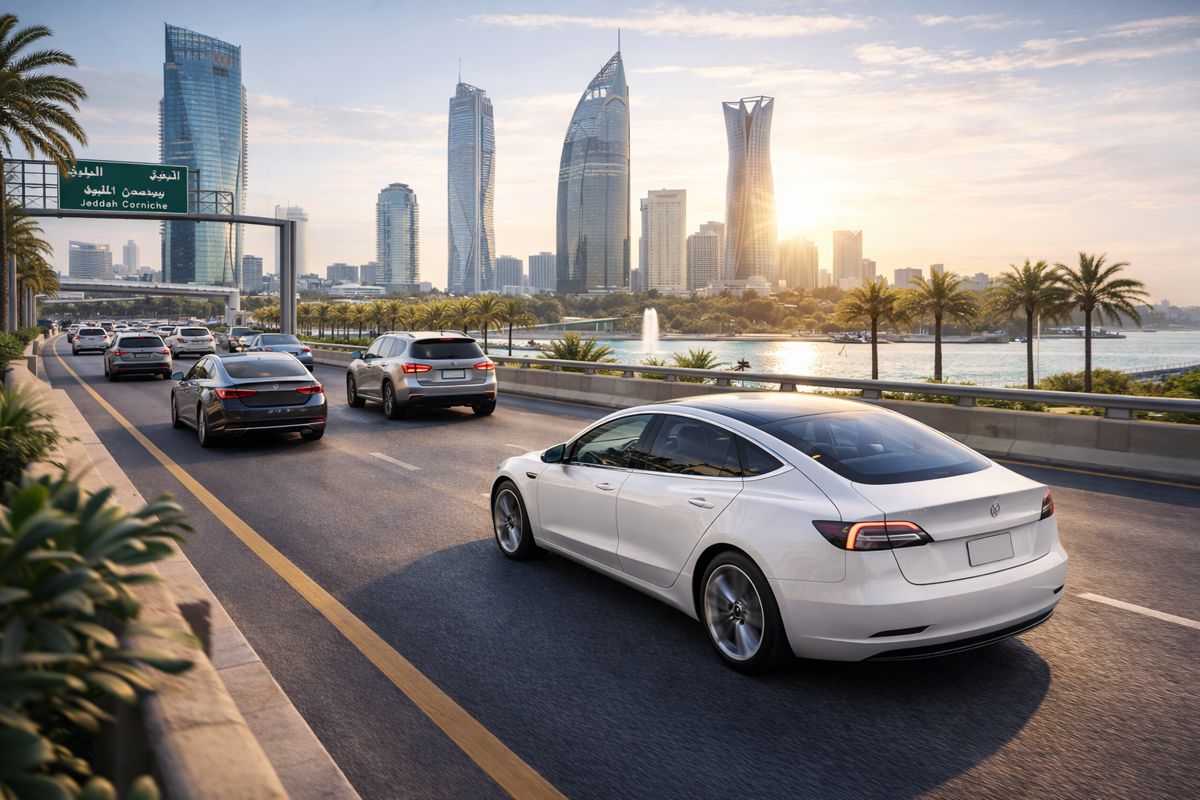JCB celebrates MacRobert Award for innovative electric mini excavator
The UK’s Royal Academy of Engineering has announced that JCB’s ultra-quiet and zero emissions 19C-1E electric digger has won the 2020 MacRobert Award.
The MacRobert Award is a prize for innovation that has been presented since 1969 to honour a wide variety of engineering feats, including the CT scanner and Rolls-Royce’s Pegasus engine used in the Harrier jump jet.
JCB faced strong competition for this year’s award from two other shortlisted finalists: the all-electric I-PACE sports utility vehicle from Jaguar Land Rover and ecoSMRT® liquid natural gas reliquification technology from Babcock’s LGE business.
JCB Chairman Lord Bamford said: “To win one of the world’s most respected engineering prizes is an outstanding endorsement for JCB’s electrification team, who have achieved so much in applying a science which was new to our business. JCB’s electric mini excavator will contribute to a zero carbon future and it’s a huge honour for our contribution to be recognised in this way.”
Professor Sir Richard Friend FREng FRS, Chair of the Royal Academy of Engineering MacRobert Award judging panel, said: “JCB’s electric digger is a huge engineering achievement. The team has developed all parts of the electric propulsion system to deliver system performance that matches real customer requirements. This is a huge achievement in itself, but the additional benefits of zero exhaust emissions and much lower noise has lifted the 19C-1E excavator to a new level.”
The 19C-1E excavator is the world’s first volume-produced fully electric digger and with it, JCB has shown it is possible to make powerful construction machinery without an internal combustion engine. Hundreds of the machines have been sold and so far they have saved the equivalent of 15,100kg in CO² emissions across 5,616 hours of work.
As well as significantly reducing carbon emissions, the electric digger has zero exhaust emissions and very low noise levels. This combination makes it much better suited than traditional construction vehicles to operating inside buildings or in areas where noise must be kept to a minimum, for example near hospitals and schools and in city centres where night shift work is often necessary.





























